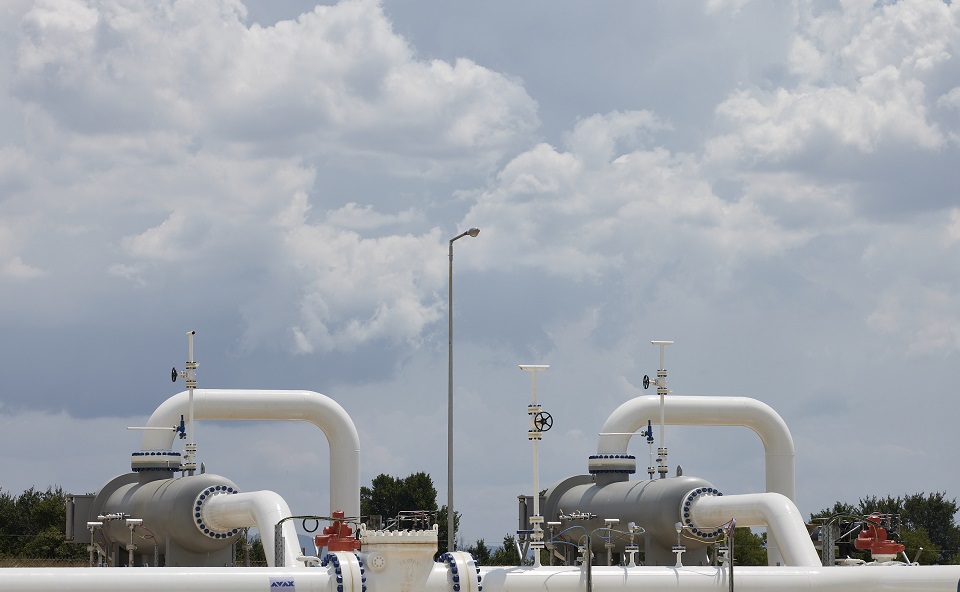Exploding prices will impact trade balance more than 1970s oil shocks, study warns

The impact of high natural gas prices on Greece’s trade balance will be more severe than the 1974 and 1979 oil shocks and the trade deficit will grow by at least 4.3% of GDP, making Greece one of the most vulnerable European Union countries, according to a study by London-based research firm Capital Economics.
Other EU members will also be heavily impacted, says the report, noting that both oil shocks in the 1970s were followed by a recession.
National gas futures (also known as TTF for Title Transfer Facility) in Europe have skyrocketed from 20 euros per megawatt-hour before the Covid-19 pandemic to €280/MWh currently, a 14-fold increase. By comparison, the price of Brent crude oil tripled during the first oil shock and doubled during the second.
To determine the size of the natural gas shock on each country’s trade balance, the research firm took account of the fuel mix – oil and gas – used by the countries under study and the fact that some are producers, not importers, of one and/or the other. It also based its scenario on an average gas price of €200/MWh for 2022.
The research focused on seven eurozone countries – Austria, France, Germany, Greece, Italy, the Netherlands and Spain – adding Canada, the UK and the US. It concludes that Greece and Italy will face the steepest impact on their trade balances, much bigger than during the two oil shocks.
Among the countries under study, the impact of the oil shocks on trade balance ranged from 1.6%-2.8% of GDP.
The impact of the rising gas prices will range from 1.9% in France to 4.4% in Italy, putting Greece in second place among the most vulnerable economies.
Only France and the Netherlands will manage to contain the damage at levels better than during the 1970s, and that’s assuming the study’s gas price estimate is correct
The first oil shock had increased Greece’s trade deficit by almost 2% of GDP and the second by 2.5%.
Capital Economics warns that the final impact could be even higher, as gas price rises have exceeded all assumptions. At present levels, and assuming no further rise, the impact would be 25% higher.





